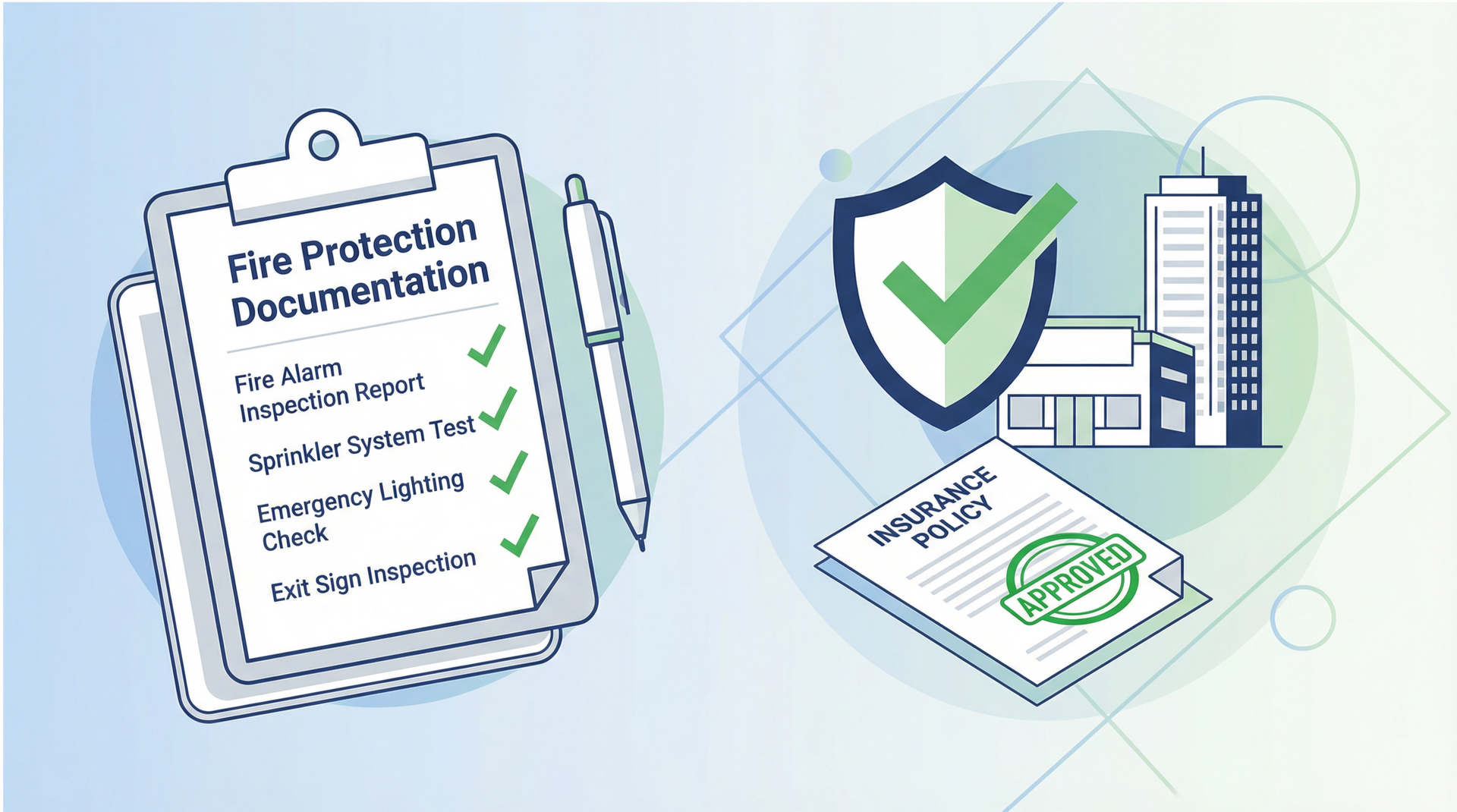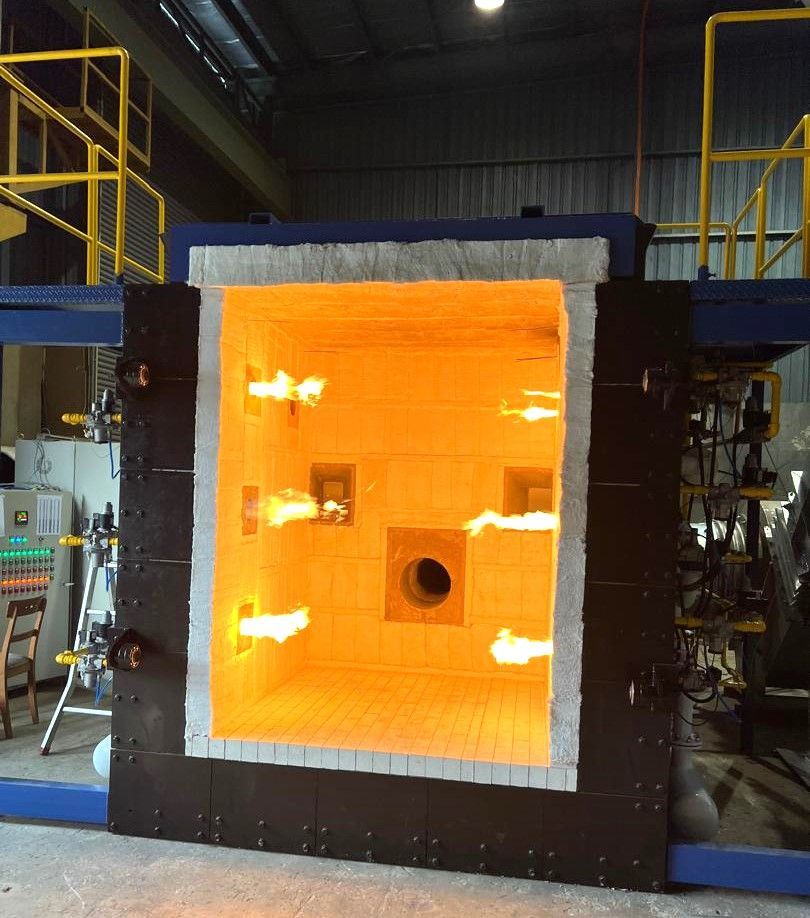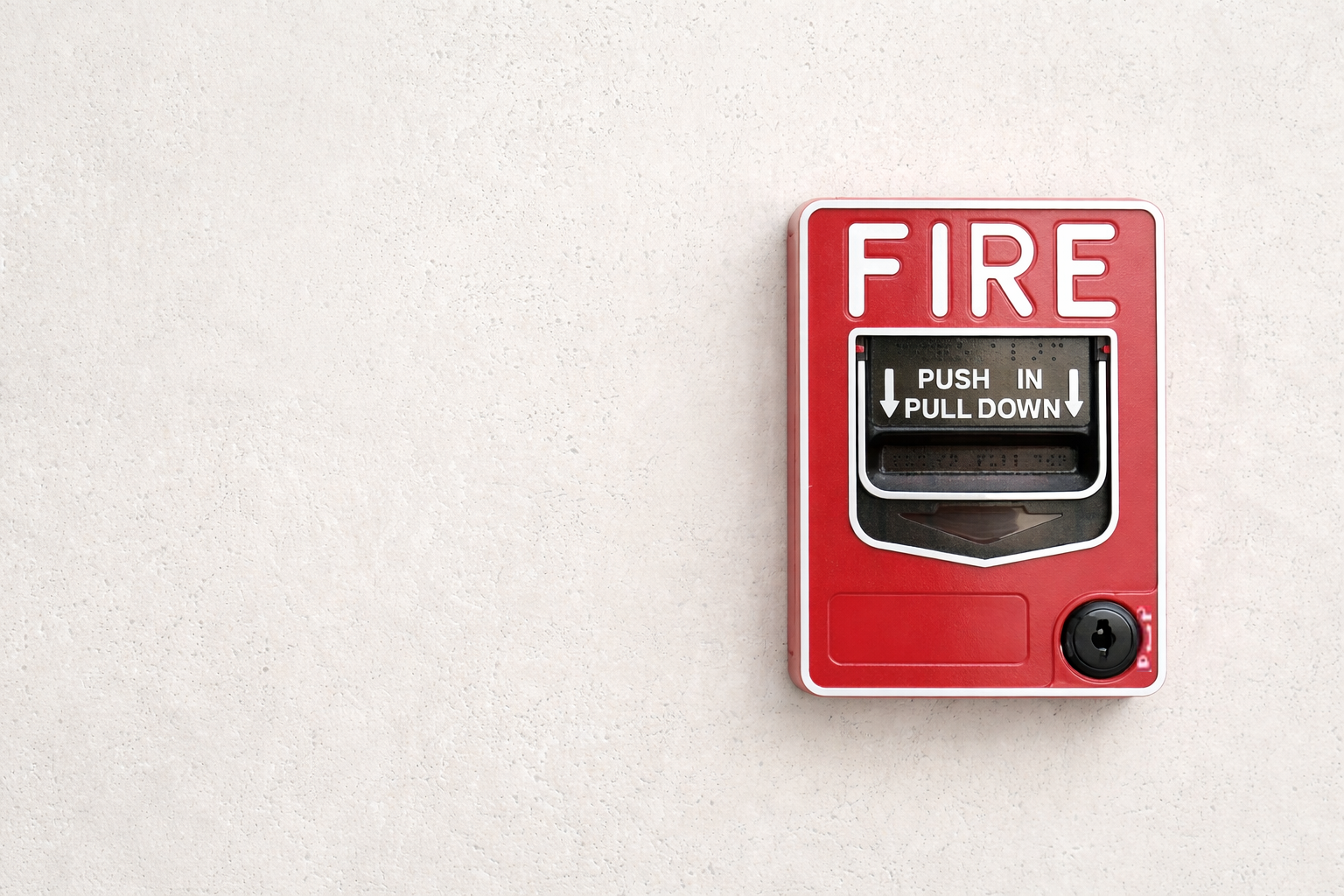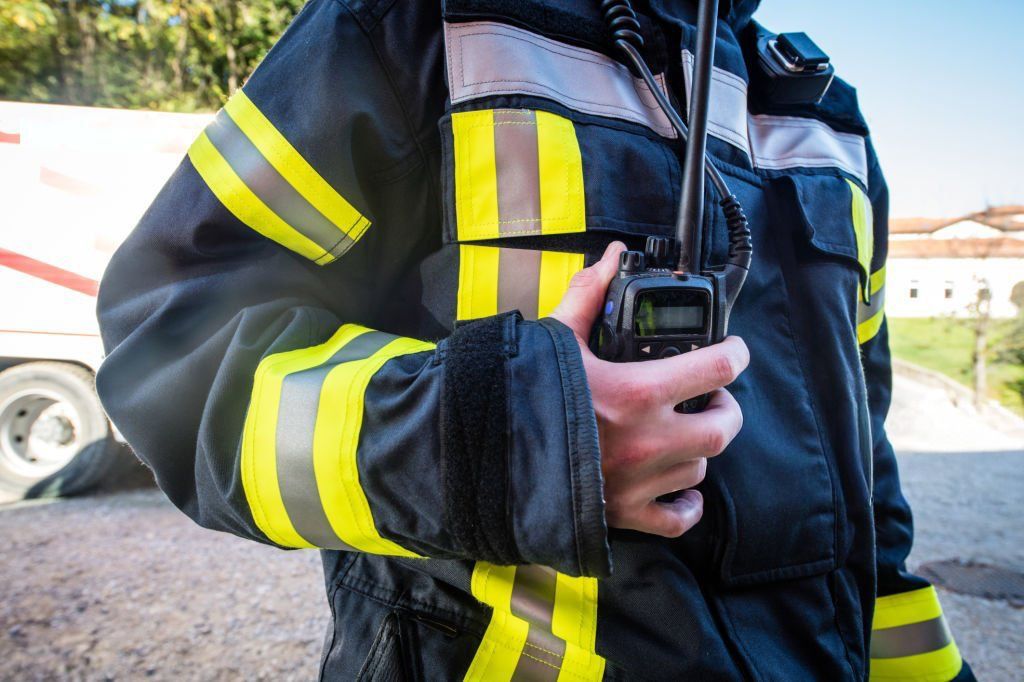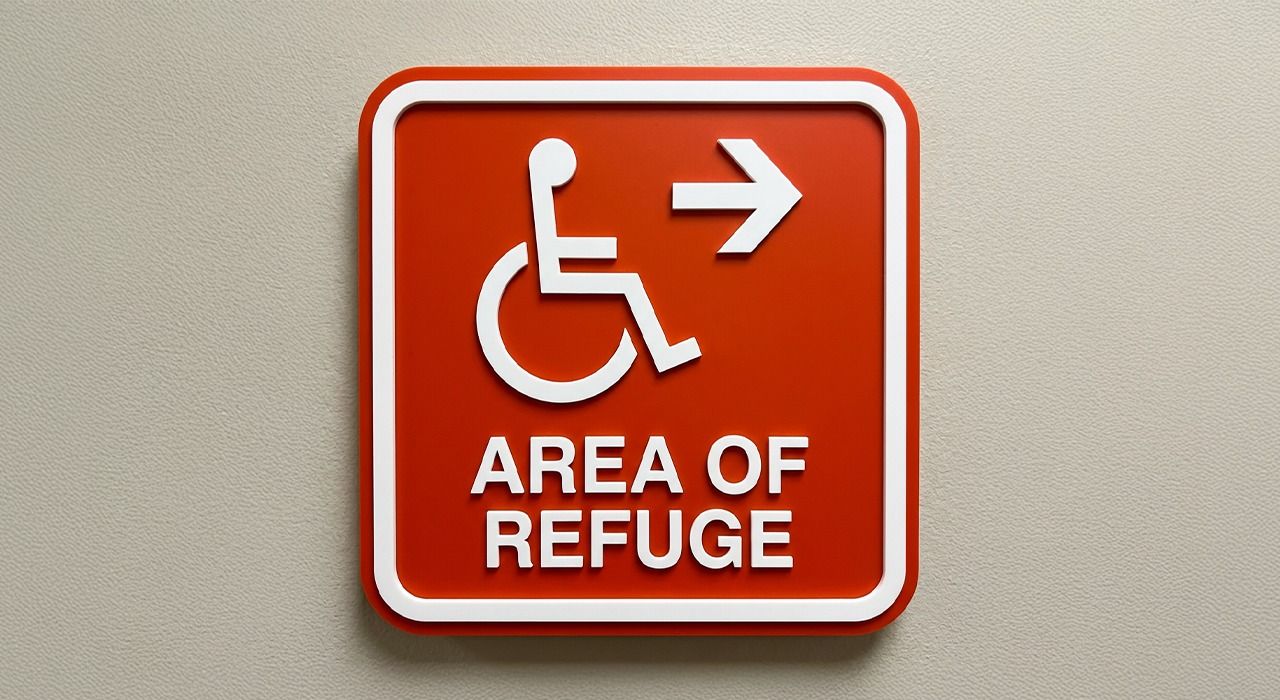Wildfire Community Preparedness Day 2025: A Simple Guide for Property Managers and Building Owners
What is Wildfire Community Preparedness Day?
Wildfire Community Preparedness Day, happening on May 3, 2025, is a national event organized by NFPA (National Fire Protection Association) to encourage property owners and communities to reduce wildfire risks.
It’s a dedicated day for taking small, simple actions to make homes and commercial properties safer before wildfire season starts.
Why Should Property Managers and Building Owners Care?
Wildfires are not just a “forest” problem. They can quickly spread into neighborhoods and commercial buildings, causing massive damage.
If you manage or own a property:
- You are responsible for the safety of tenants, staff, and visitors.
- You protect your building’s value, reputation, and insurance standing.
- You contribute to the safety of your entire community.
Real-world example:
During
the 2021 Marshall Fire in Colorado, many commercial properties were damaged — not directly by flames, but by smoke infiltration and delayed emergency response.
Studies by FEMA and
NIST show that even properties that survived the fire suffered extensive internal smoke damage, leading to long-term health risks and costly cleanups However, properties with strong fire safety systems minimized losses dramatically (Jensen Hughes Insights).
How Property Managers and Building Owners Should Prepare for Wildfire Community Preparedness Day
This is paragraph text. Click it or hit the Manage Text button to change the font, color, size, format, and more. To set up site-wide paragraph and title styles, go to Site Theme.
Here’s a simple plan you can follow:
| Action Item | What to Do |
|---|---|
| Create Defensible Space | Clear dry leaves, dead plants, and debris around the building (30 feet zone). |
| Remove Combustible Materials | Keep propane tanks, wooden pallets, or trash away from the building. |
| Review Emergency Plans | Update evacuation plans and inform tenants of exit routes and meeting points. |
| Basic Fire Extinguisher Check | Ensure extinguishers are visible, accessible, and not expired. |
| Communicate Awareness | Share wildfire safety tips with tenants and building occupants. |
When You Need Expert Help for Fire Safety
You should never attempt to service the below items without a professional.
| Service Area | Why Professional Support is Needed |
|---|---|
| Fire Sprinkler System Inspection | Test, inspect, and certify sprinkler systems for wildfire readiness. |
| Fire Alarm System Testing | Professionally inspect and test fire alarm systems for early warnings. |
| Fire Extinguisher Servicing | Inspect, recharge, or replace extinguishers to meet safety standards.ice |
| Comprehensive Fire Safety Audit | Conduct full property fire risk inspections and provide NFPA compliance advice. |
| Training and Emergency Drills | Train staff and tenants on evacuation procedures and fire response actions. |
How Fire Testing Solutions Makes Wildfire Preparation Easy
At Fire Testing Solutions, we make wildfire readiness simple, effective, and compliant for property managers and owners.
Our services include:
- Certified inspections for fire alarms, sprinklers, and extinguishers
- Fire risk assessments and hazard reports
- Compliance guidance with NFPA standards
- Customized wildfire action plans
- Professional fire safety training for your staff
Bottom line: We help you turn wildfire risks into readiness with expert support you can rely on.
Final Thought: Wildfire Season is Coming. Be Ready.
Wildfires can happen suddenly.
Preparedness doesn’t have to be rushed.
This May 3, 2025 — take proactive steps.
Small actions today protect lives, property, and business operations tomorrow.
Join the movement.
Protect your property.
Partner with Fire Testing Solutions.
Ready to act?
Contact Us

